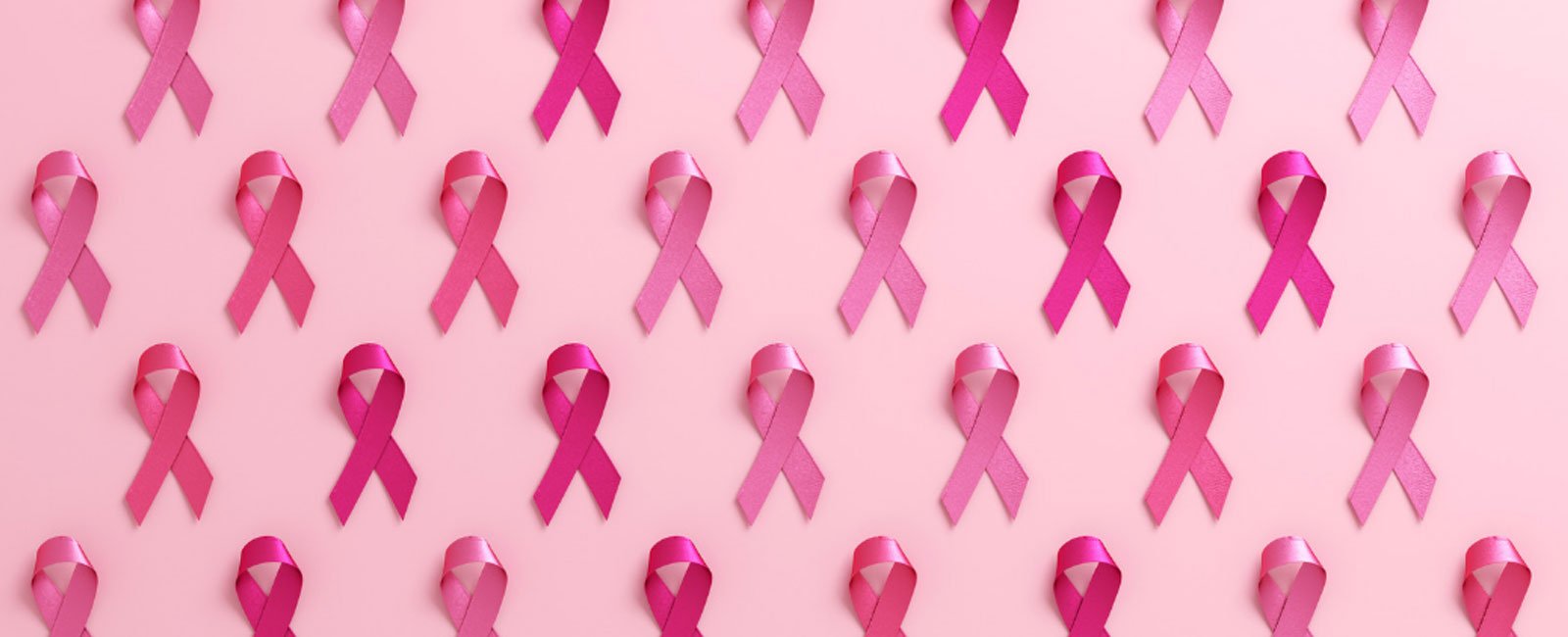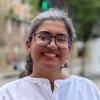REPLUG: Surviving breast cancer: From mastectomy to 'pink' of health
Courage of mastectomy patients reminds us to envision future where survivorship is defined not by what is lost, but by what is gained in overcoming adversity

"You should revisit your decision to opt for a mastectomy, because you are fairly young, and women often fall into depression after the surgery because breasts are very integral to womanhood."
These words, spoken to Saleema by a doctor in the United States, echoed in her ears as she shared her journey of surviving breast cancer. Originally from Pakistan, Saleema moved to the United Arab Emirates (UAE) and then to the US with her family. Around the age of 40, she was diagnosed with breast cancer and chose to undergo surgery to remove the cancerous cells.
"At that time, I did not frankly know how much of my breasts would I lose, because there are partial surgeries as well. What I did know was that I felt no obligation to anyone to save my life because my youngest one was barely a teenager. Later, after all tests were done, I was told that only a part would be removed, and even that would be reconstructed later," Saleema shared.
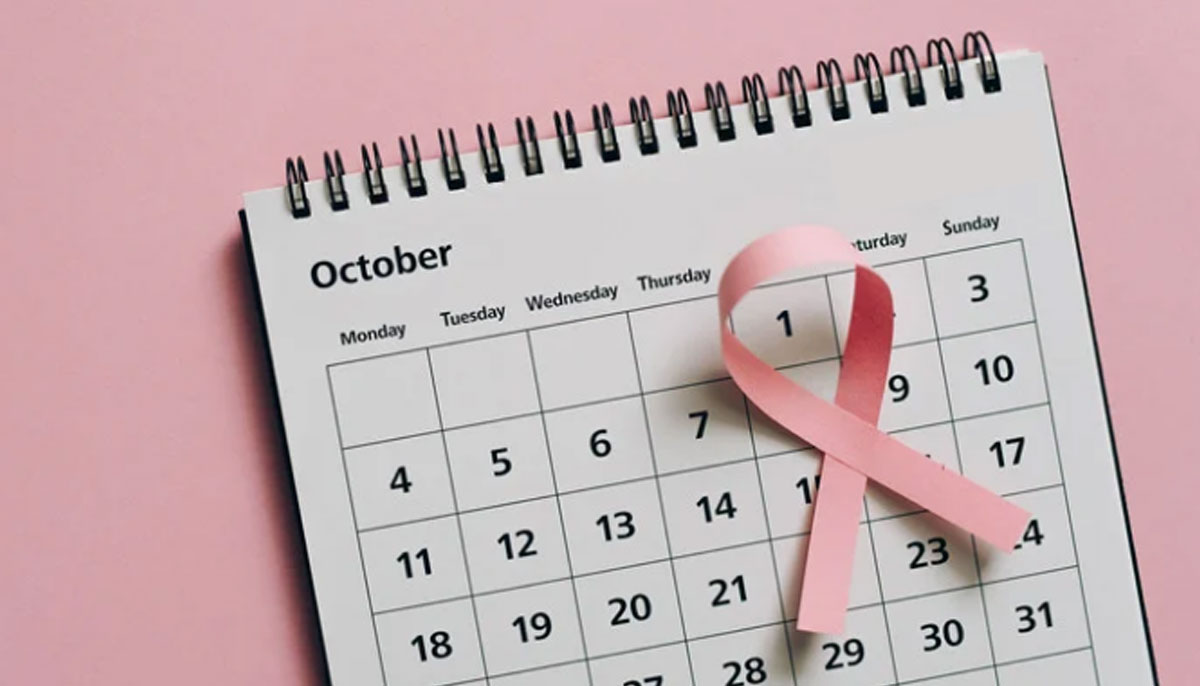
She explained that being in the US may have helped her because the doctors were clear, and despite being advised to stick to medication, she chose surgery, believing that appearance and optics were temporary. Her health was her priority.
"During my treatment, I was consistently told about the chances of falling into depression and was even prescribed medication because many women tend to find themselves in a dark place following surgeries and treatments, and having support groups can be game-changers," she says.
According to estimates supported by Shaukat Khanum Hospital, along with many others, one in nine Pakistani women will receive a breast cancer diagnosis in their lifetime.
Statistics from the World Health Organization (WHO) indicate that breast cancer causes 670,000 deaths globally and is the most prevalent form of cancer among women in 157 countries. Notably, Pakistan has the highest number of cases among Asian countries.
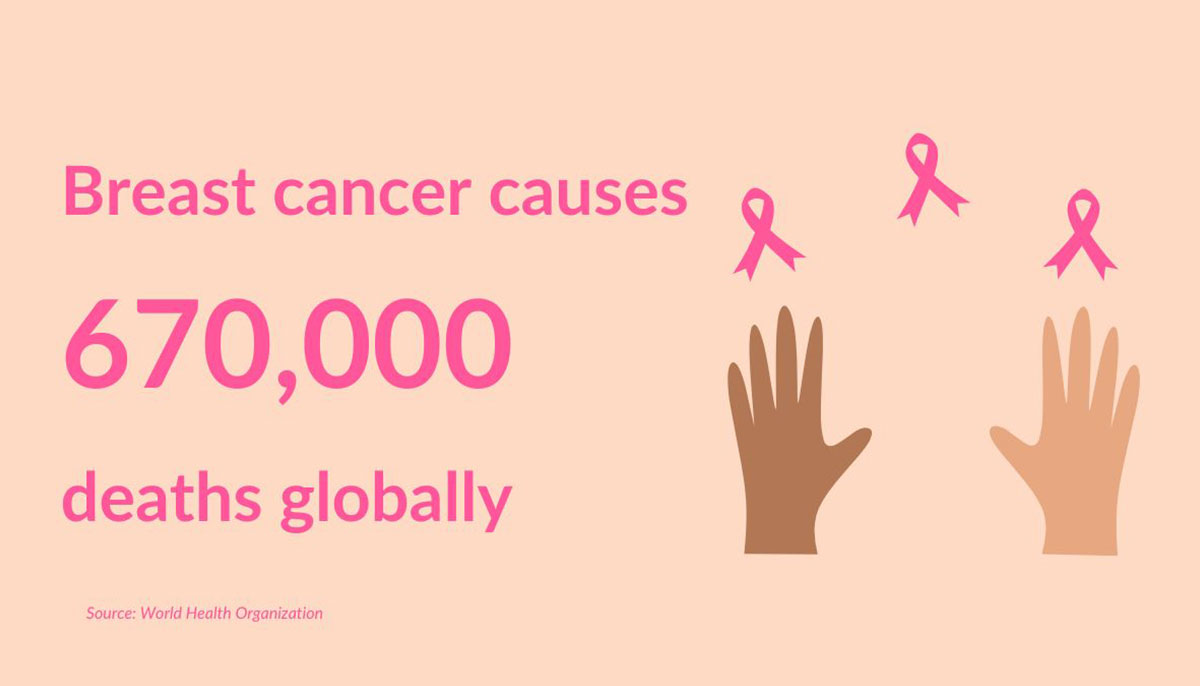
The most prevalent cancer among the female population is breast cancer, with 364,000 cases, as presented by his year’s Burden of Disease (BoD) data.
Despite various campaigns, there is still limited awareness about breast cancer in Pakistan but there are also those who self-examine themselves and take the brave decision of getting a mastectomy done to beat cancer. Renowned feminist, environmental activist and social commentator, Afia Salam spoke about the time when she was diagnosed with this ailment, also at 40 years of age.
"I felt something which gave me discomfort under the armpit. I checked and realised the presence of a lump and immediately went to a breast disease specialist. I have a heightened awareness about cancer in my family which is why I was already aware," she said, adding that the doctor confirmed the presence of a lump and other than a battery of tests, suggested getting a lumpectomy done for a biopsy.
She further shared: "Somehow, I had a gut feeling that the results would be positive, which they were, and I was advised a modified radical mastectomy."
Like Saleema, Afia did not have any inhibitions or hesitation in following the suggested path, and because she had seen cancer very closely in her family, the notion of femininity associated with breasts did not stand out for her.
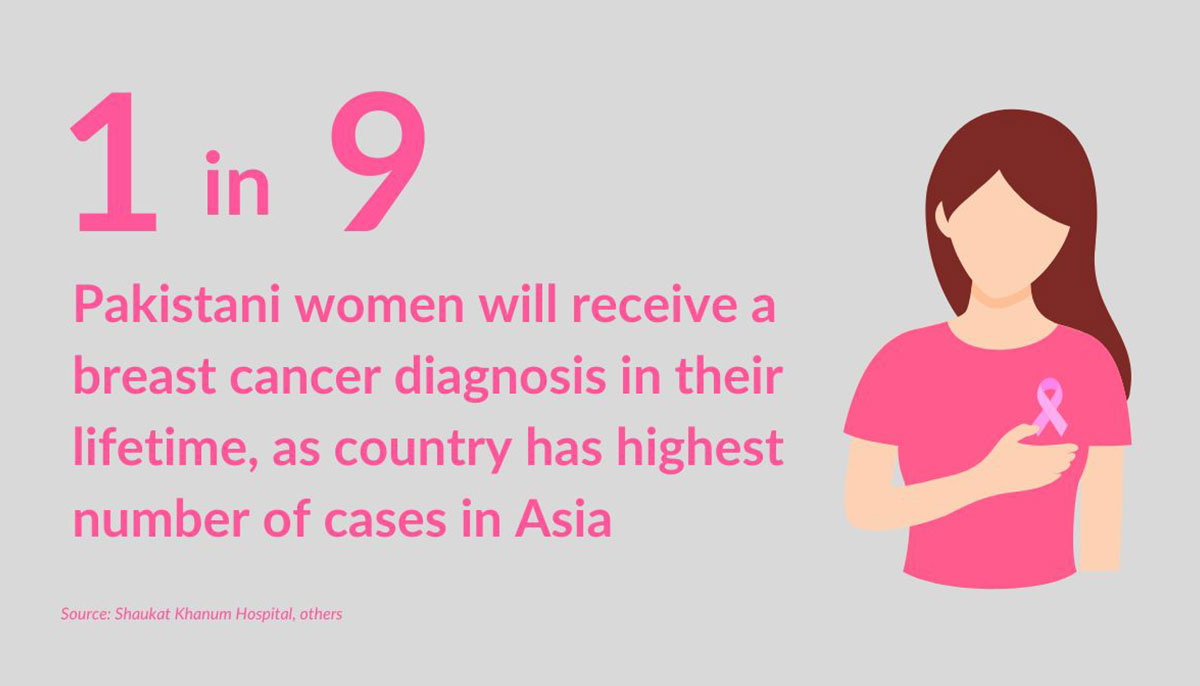
"I knew that nothing was worth focusing on except the treatment. I had three young children, the youngest only three-and-a-half and I needed to stay well for them and myself. Of course, some people advised against it but I never paid them any attention because the doctor’s word was the only one that mattered."
Afia, however, also understands that in Pakistan, the conversation is still a difficult one because of the lack of body autonomy and awareness.
"Healthcare is inaccessible and unaffordable to the majority, especially for women because it also requires the medical fraternity to be more forthcoming and to be more you know in an advisory capacity that if any woman after a certain age comes to them for any other ailment, given that Pakistan is one of the countries with the highest incidents of breast cancer, the medical history should include a question about breast cancer," she said.
There must be advice for a physical check, added Afia.
"Awareness about self-exam is the easiest thing to do. One doesn't even have to suggest mammography unless something suspicious is found during that self-exam," she maintained, adding that early detection and treatment have shown remarkable results.
The seasoned social commentator stressed that, overall, the systemic healthcare shortcomings in our country, lack of accessibility and affordability, and societal attitude about relegating women's issues to the backburner by considering the mention of breasts to even female friends and relatives complicates something that could be addressed without the taboo or trauma attached to it.
Awareness about self-exam is the easiest thing to do.
— Afia Salam, a breast cancer survivor
Afia believes that while losing one’s breast is still a ‘private and personal’ matter, access and affordability to reconstruction surgeries can address the concern by making it part of the treatment option.
Perhaps learning from her mother and not giving in to any societal pressures, Maleeha Aziz, Afia's 30-year-old daughter decided on a mastectomy when she was 24 years old. Based in the US, she opted for the surgery after receiving her genetic testing results.
"Despite pushback from doctors due to my age, marital status, and the fact that I hadn’t yet had children, I persisted. I ultimately underwent the procedure at 29, shortly after my daughter’s third birthday. Many women in my family were diagnosed with breast cancer in their 30s, with the earliest diagnosis happening at age 32," she said.
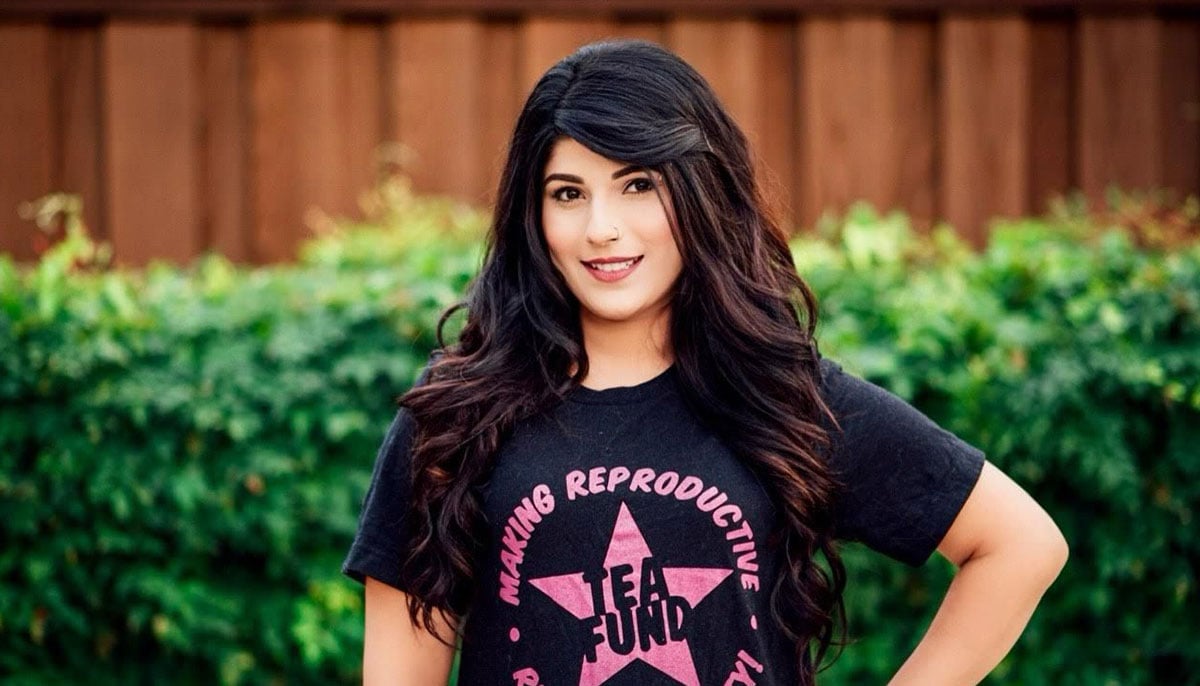
For Maleeha, faith played a major role in carrying her towards this decision.
"Some family members couldn’t fathom the idea of such a radical procedure as removing one’s breasts. Others were either in denial or unaware of what BRCA1 meant — a very high risk of developing breast cancer. For some, faith led them to believe that prayer alone could protect me, while others held on to medical myths," she said.
I also think fear and denial were underlying factors, Maleeha added.
Commenting on the association of femininity and womanhood with breasts, she feels that objectification and toxic masculinity contribute to this perception.
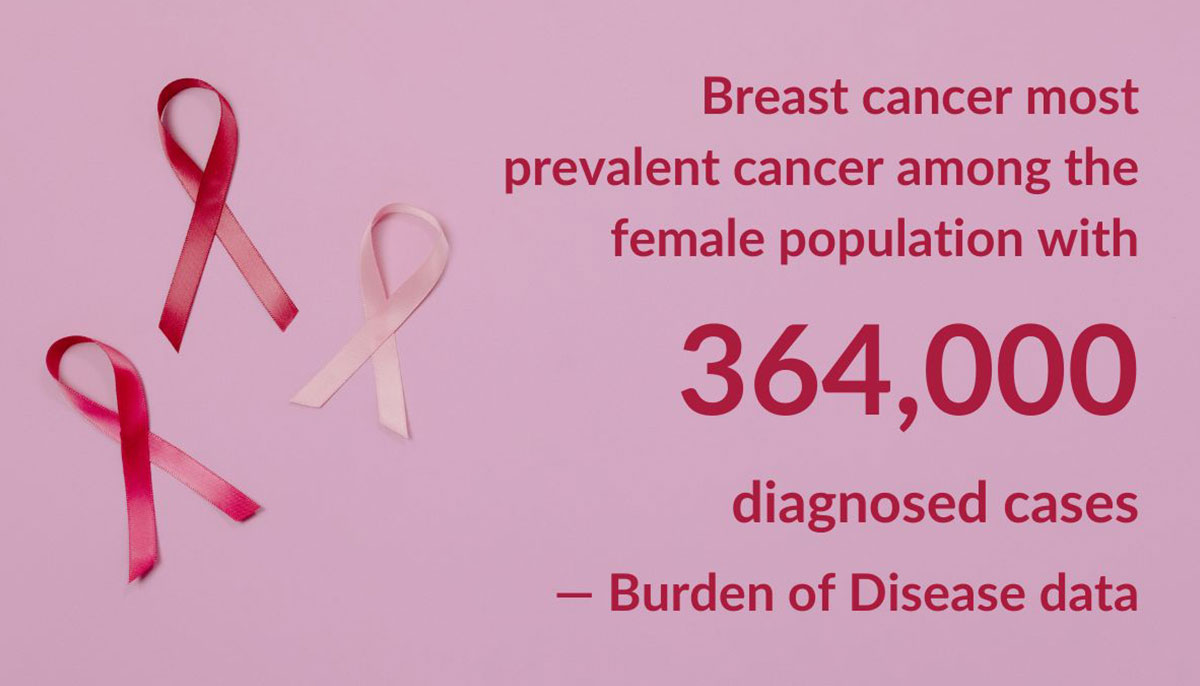
"If one considers the biological purpose of breasts —to nourish infants—it is clear that the sexualisation of breasts stems largely from male objectification. Men often make crude remarks about breasts, but the attitude changes when they see a mother breastfeeding, which then becomes something 'shameful' or private," she said, terming it a "bizarre contradiction".
Maleeha, however, felt that it would have been tougher to go through this process had she been in Pakistan.
"The technology in Pakistan isn’t as advanced as it is in the US, where I was fortunate to be part of a clinical trial for robotic mastectomy. My plastic surgeon is incredibly experienced, performing over 300 flap procedures annually and pioneering some of the latest techniques," she said.
In Pakistan, Maleeha added, the lack of advanced surgical technology, inadequate screening, and the stigma surrounding breast cancer would have made it much more challenging.
If one considers the biological purpose of breasts —to nourish infants—it is clear that the sexualisation of breasts stems largely from male objectification.
— Maleeha Aziz
While surgery is universally scary, the stigma, shame, and taboo surrounding breast and sexual health in Pakistan make it even more daunting, according to her.
"Additionally, the cost of such procedures is prohibitive for many, especially preventive surgeries. People struggle to afford life-saving surgeries, let alone those considered 'optional' in a preventative sense," Maleeha added.
Omer Aftab, chief executive officer of Pink Ribbon Pakistan, an organisation actively working towards raising awareness about breast cancer, through prevention, treatment and post-treatment, said that their focus is on prevention and early detection.
"By empowering women to improve their lifestyles, we can significantly reduce their risk by around 40%. Early diagnosis allows for less invasive treatment options, often avoiding radical surgery," he said, adding that although surgery remains a possibility, of course, one needs to remember that saving lives should be the priority.
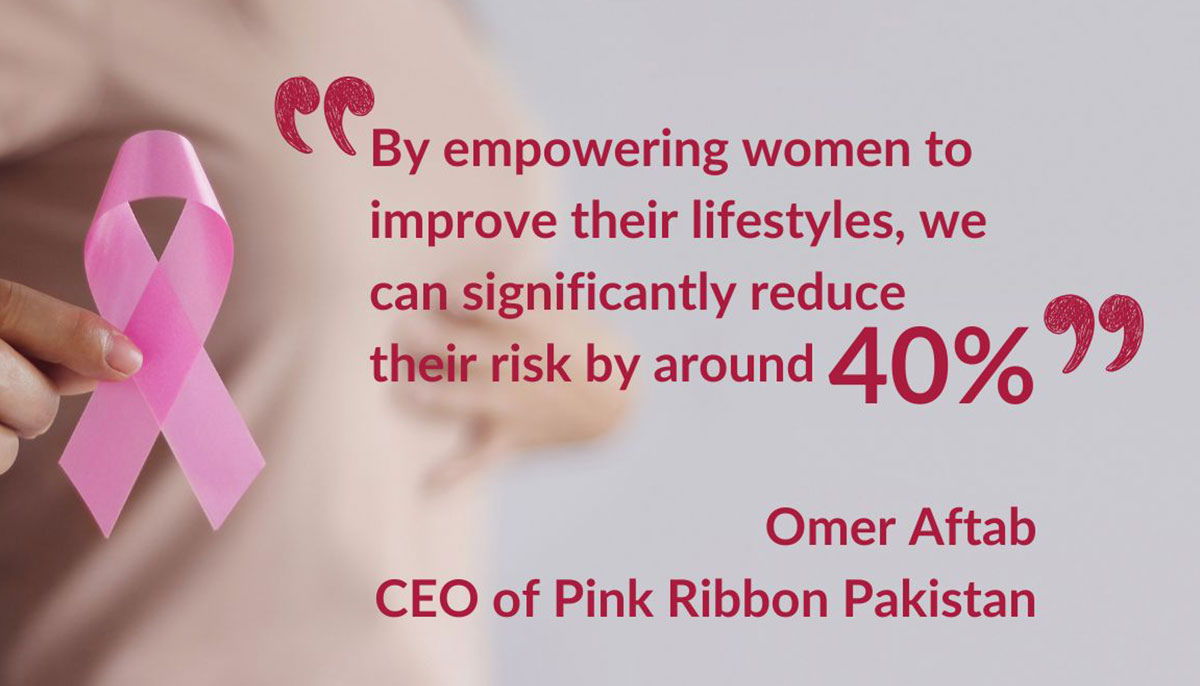
Advances in breast conservation and reconstruction, even in government hospitals, offer more options and with the right ones available, there is hope and the possibility of a full recovery, shared Aftab.
The journey of breast cancer survivors who have undergone mastectomies is a powerful testament to human resilience and of course medical science. While the decision to remove any part of the body is never easy, if it proves to be lifesaving, the decision should be supported.
These experiences underscore the critical importance of early detection, comprehensive treatment options, and robust support systems. By continuing to challenge societal perceptions of body image, we can better support those facing this choice.
Ultimately, the courage of mastectomy patients reminds us to envision a future where survivorship is defined not by what is lost, but by what is gained in overcoming adversity.
Zoya Anwer is an independent multimedia journalist with work published both locally and internationally. Her reporting is focused on culture, gender and religious minorities.
Header and thumbnail images via Canva



